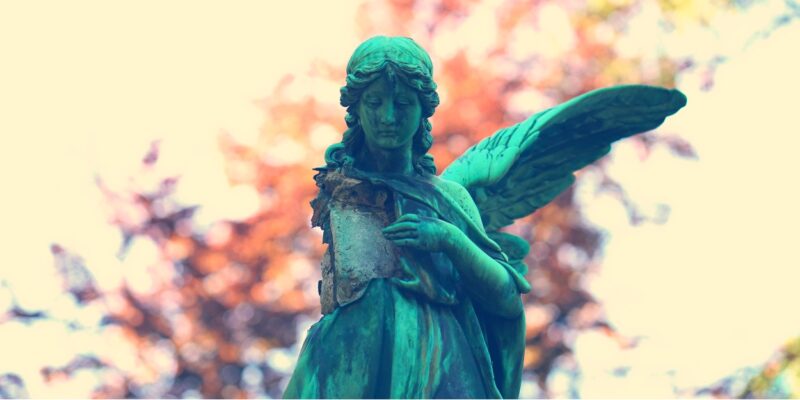They made a statue of us,
And put it on a mountaintop,
On the 12th of August 1940, in the defendant’s stand, in a courtroom in Lisbon, Portugal, a man stood up. The former consul to Bordeaux, France, faced multiple charges: violation of orders, dishonorable conduct, forgery, desertion of post… dangerous, lethal accusations in the midst of a World War.
When the clashes had begun, the year before, Portugal had declared itself “neutral,” but then issued Circular 14, a dispatch that prevented “foreigners of indefinite or contested nationality, the stateless, Russian citizens, holders of a Nansen passport, or Jews,”
“inconvenient or dangerous” refugees, from obtaining visas.
“…people whose suffering was indescribable: some had lost their spouses, others had no news of missing children, others had seen their loved ones succumb to the German bombings […] statesmen, ambassadors and ministers, generals and other high officers, professors, men of letters, … officers from armies of countries that had been occupied, Austrians, Czechs and Poles, who would be shot as rebels; there were also many Belgians, Dutch, French, Luxembourgers and even English…”
trying to leave Europe for… anywhere, needing access to Portuguese ports, thousands swarming the gates of the embassy in Bordeaux.
In May of 1940, the Germans invaded France. By June, Bordeaux was besieged. History, it is said, is something very few people do while everyone else… The consul—the accused—ordered his team to “start stamping those passports!”
His name was Aristides de Sousa Mendes, and he and three men—Manuel de Vieira Braga, Emile Gissot, José de Seabra; names matter— worked continuously for ten days and nights until they collapsed from exhaustion, stamping more than thirty thousand refugees’ passports. He is responsible for “the largest rescue operation by a single individual during the Holocaust.”
They’ll name a city after us.
And later say it’s all our fault.
Sousa Mendes was arrested and tried, and on the 12th of August, allowed to respond to the charges, for the record:
“I could not have acted otherwise, and I therefore accept all that has befallen me with love.”
His career would be terminated; his home, repossessed; his family—fifteen children—destitute, disgraced, condemned to plead for meals from soup kitchens. And he would die so poor he would have to be buried in a tunic provided by the hospital for lack of proper clothes.
For much of the sixty-one years following that day, his name would be banished from archives, lore, textbooks, statues, plaques. Here, however, for the record, are those of some of the thirty thousand to whom he granted visas:
Sylvain Bromberger, professor emeritus of philosophy at MIT; Salvador Dalí, painter; Grzegorz Fitelberg, conductor and violinist; Marian Dąbrowski, journalist; Tereska Torrès, novelist; Marcel Dalio, actor; Charlotte, Grand Duchess of Luxembourg; Carlos Radzitzky, poet and jazz critic…
They made a statue of us
And it put it on a mountaintop
Now tourists come and stare at us
Blow bubbles with their gum,
“Most of the people who were saved by Sousa Mendes do not know they were saved by anyone.”
